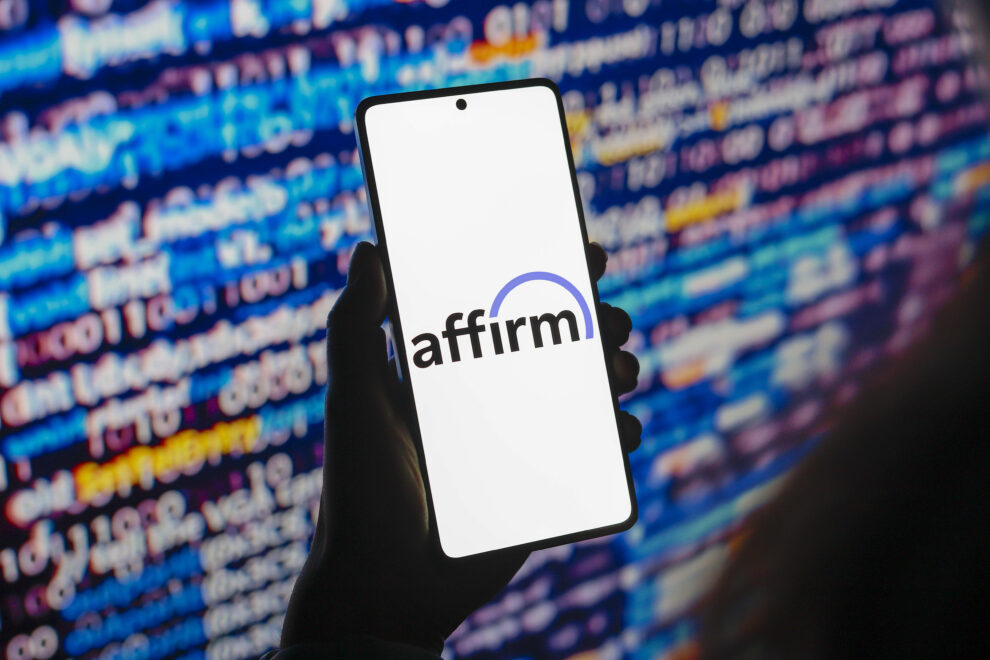
Affirm, the provider of buy now, pay later loans, reported better-than-expected fiscal first-quarter results.
Here is how the company did, compared to analysts’ consensus estimates from LSEG.
- Loss per share: 31 cents adjusted vs. a loss of 35 cents expected
- Revenue: $698 million vs. $664 million expected
Affirm reported gross merchandise volume, or GMV, of $7.6 billion, topping the average estimate of $7.28 billion, according to StreetAccount. GMV, a key metric that helps gauge the total value of transactions, increased 35% from a year earlier.
Revenue in the fiscal first quarter rose 41% from $496.5 million a year earlier.
Revenue less transaction costs, or RLTC, came in at $285 million, ahead of earlier guidance of $265 million to $280 million.
Affirm said it expects to achieve profitability on a GAAP basis in its fiscal fourth quarter of 2025. Last quarter, CEO Max Levchin said in a note to shareholders that the company had set a new goal of hitting operating profitability on a GAAP basis by the end of its fiscal year.
The company sees second-quarter revenue of between $770 million and $810 million, or $790 million in the middle of the range, versus the average estimate of $785 million, according to LSEG. Affirm is guiding to GMV in the range of $9.35 billion to $9.75 billion. Analysts polled by StreetAccount called for GMV of $9.48 billion.
Affirm shares were about flat for the year as of Thursday’s close, but have been trending higher lately, up more than 70% since the end of August.
The company’s new relationship with Apple plus other partnerships with Amazon and Shopify are helping results. In June, Affirm and Apple announced plans for U.S. Apple Pay users on iPhones and iPads to be able to apply for loans directly through Affirm.
“Affirm’s growth story has continued, particularly as they add new strategic distribution partners,” Kevin Kennedy, an analyst at global research firm Third Bridge, said in an email.
Kennedy added that the quality of Affirm’s underwriting, specifically for higher-priced orders and interest-bearing BNPL purchases, sets the company apart from the growing list of competitors.
“The payments space is constantly facing commoditization risk, and BNPL, while nascent, is facing the same challenge,” he wrote. “However, large ticket interest bearing purchases, which are becoming more accessible through Affirm, are better protected” compared with offerings from peers, he added.
Square parent Block, which also reported earnings after the bell, acquired BNPL firm Afterpay for $29 billion in 2021.
Affirm’s quarterly earnings call starts at 5:00 p.m. ET.
— CNBC’s Robert Hum contributed to this report.








